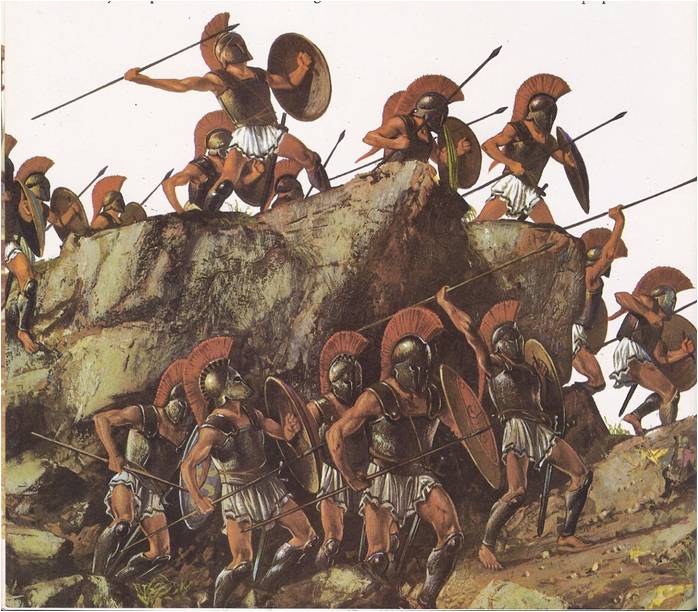About 425 B. C., a lonely man, in a country that was not his own, sat down to write the story of a war that had begun six years before. Thucydides, an Athenian, had fought in the war’s first battles. He had been a general, in command of thousands of his city’s troops. Then he was ordered to go to the aid of another commander whose men were outnumbered. When he arrived, the battle had already been fought and lost. It was not his fault but the people of Athens were too anxious about the war to consider that. They …
Read More »Tag Archives: Syracuse
Athens: City of Wisdom and War 700 B. C. to 500 B. C.
Of all the city-states in Greece, Athens was the most fortunate. The city’s guardian was Athena, the goddess of war and wisdom. Indeed, the Athenians did well in war and were blessed with wisdom. In the dark days, when barbaric invaders had conquered one city after another, Athens had not surrendered. Later, when Athens felt the growing pains that brought civil war and ruin to so many city-states, a series of wise men guided Athenians safely through their troubles. The right leaders always seemed to come along at the right time. It was more than good luck, ofcourse. The Athenians …
Read More »
